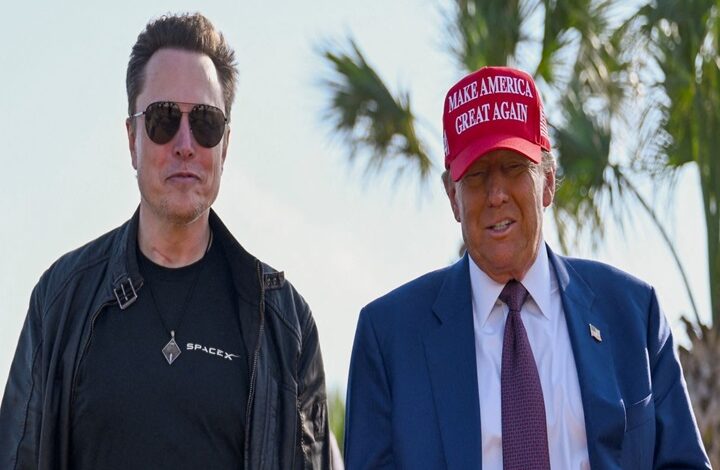Elon Musk to exit government role in coming months, confirms Trump

President Donald Trump announced Elon Musk ’s impending exit from government service during a March 24 cabinet meeting.
The billionaire entrepreneur, who leads the Department of Government Efficiency (DOGE), will return to the private sector within months.
Trump praised Musk’s contributions, calling him a “patriot” who “never asked me for a thing,” according to NBC sources. He confirmed Musk’s departure after the CEO completes his 130-day term as a special government employee.
Musk will tentatively leave his role on May 30, though specifics remain unclear. His agency, DOGE, faces dissolution on July 4, 2024, aligning with America’s 250th anniversary.
During his tenure, Musk aggressively streamlined federal operations, eliminating redundancies and slashing bureaucracy. His efforts reduced tens of thousands of jobs from the 2.3 million-strong federal workforce.
These cuts sparked immediate backlash, triggering lawsuits in multiple courts. Critics argue the rapid downsizing disrupted essential services and destabilized agencies.
Meanwhile, Musk’s supporters applaud his vision for a leaner government. They credit him with tackling systemic inefficiencies long ignored by previous administrations.
However, tensions escalated as Musk revealed daily death threats against his DOGE team. The polarization underscores the divisive nature of his reforms.
Trump’s cabinet initially welcomed Musk’s private-sector expertise to overhaul federal workflows. Yet, the scale of job losses alarmed even some allies.
Legal experts warn the lawsuits could delay or reverse many DOGE directives. Federal judges are now reviewing the constitutionality of the agency’s authority.
Musk’s return to Tesla and X coincides with growing scrutiny of his government legacy. Analysts question whether his changes will endure beyond DOGE’s closure.
The White House has not yet named a successor to lead the agency. Observers speculate Trump may appoint another corporate leader to continue Musk’s agenda.
Proponents argue Musk’s reforms saved taxpayers billions and modernized outdated systems. Opponents counter that the human cost outweighs any fiscal benefits.
As debates intensify, federal employees express relief and anxiety over Musk’s exit. Many hope for stability, while others fear further upheaval.
Musk himself has remained publicly silent on his government tenure. Insiders suggest he aims to focus on SpaceX and AI ventures post-departure.
His brief stint highlights the challenges of integrating private-sector tactics into governance. Critics stress that corporate efficiency metrics poorly align with public service needs.
Ultimately, Musk’s legacy may hinge on court rulings and post-July 4 policy shifts. For now, his disruptive influence continues reshaping federal operations.
The administration faces mounting pressure to address workforce grievances before the 2024 election. Both parties are leveraging the controversy to rally their bases.
Musk’s exit marks a pivotal moment in Trump’s government reform agenda. Whether his methods inspire lasting change or cautionary tales remains uncertain.
As May 30 approaches, all eyes remain on Musk’s next move—and the unresolved turbulence he leaves behind.
Post Views: 97





